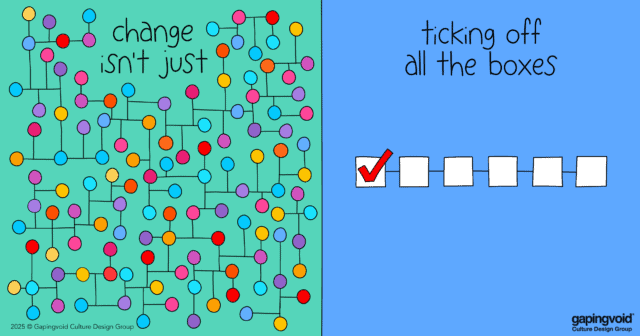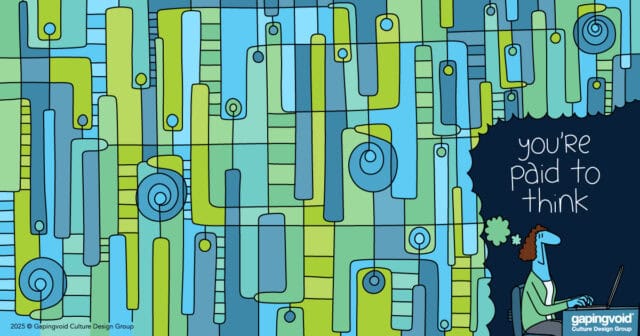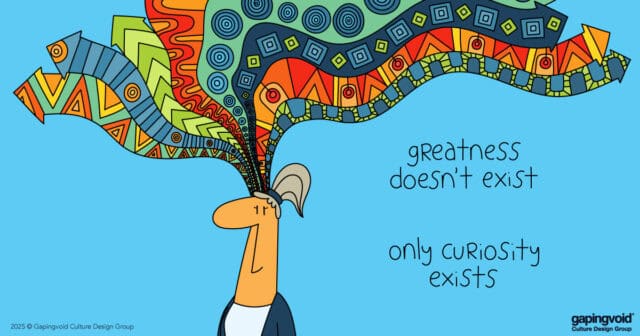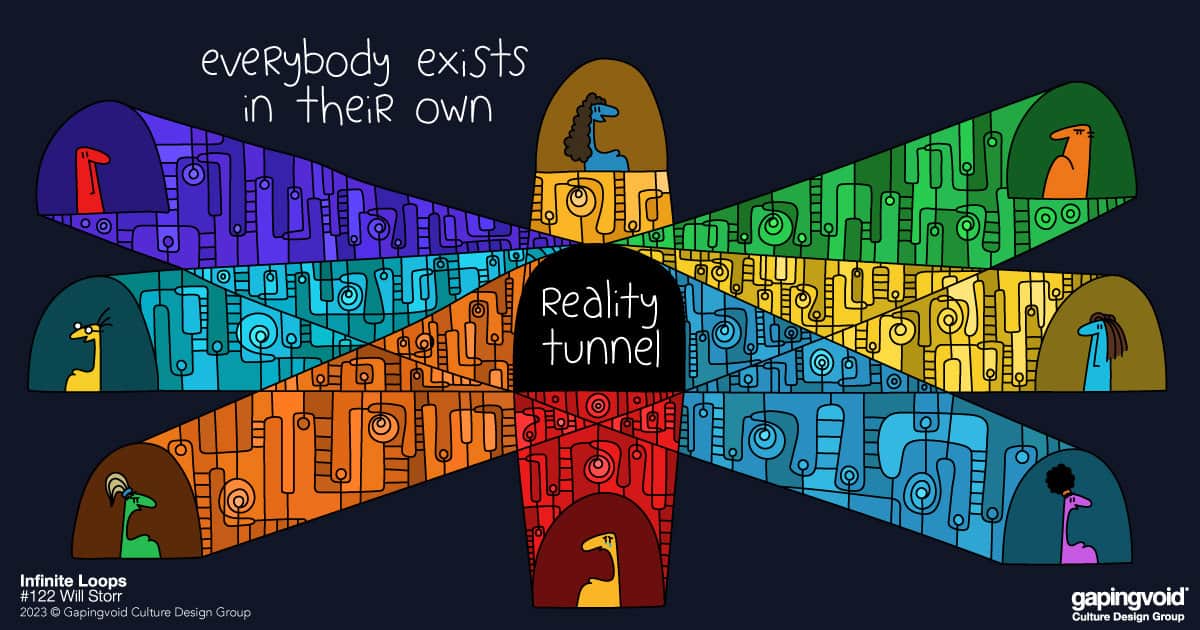
Back in September, the British author and journalist, Will Storr, appeared on the Infinite Loop Podcast to talk about his new book, “The Status Game.”
In it, he argues that status drives pretty much all of our behavior – both consciously and unconsciously.
Many of us like to pretend that quaint, bourgeois concepts like “status” don’t affect us and that in our enlightened state, we are somehow “above all that.” But Storr calls B.S. of the highest order. Status saturates our very being. It’s been baked into our DNA for billions of years.
And it’s not just us. Some (albeit controversially) say lobsters have a similar hierarchical social structure, meaning when a lobster wins a fight, it experiences a surge in serotonin, increasing confidence and making it more likely to win future fights. Thus elevating its status within the hierarchy.
Lobsters… Humans… It’s one of the main things that determines our happiness, and there are many types.
Money status, power status, soccer mom status, political status, single malt whisky status, foodie status, literary status, Dungeons and Dragon status, wine nerd status. You name it, somebody wants it. The flavor changes, but the drive to have it is a human constant.
But here’s the central paradox of status: everybody wants to be a part of something, but exceptionally so. We want to fit in AND stand out. Which means a lifetime of juggling multiple status hierarchies at the same time. It’s the human condition.
Our advice? Don’t fight it. Embrace it. Because whether you’re a blue-collar Baltimore longshoreman or the president of a country, you’re playing the same status game.
And if you’re a leader of an organization, juggling your team’s various status games is a big part of the job. It’s messy, but it goes with the territory.
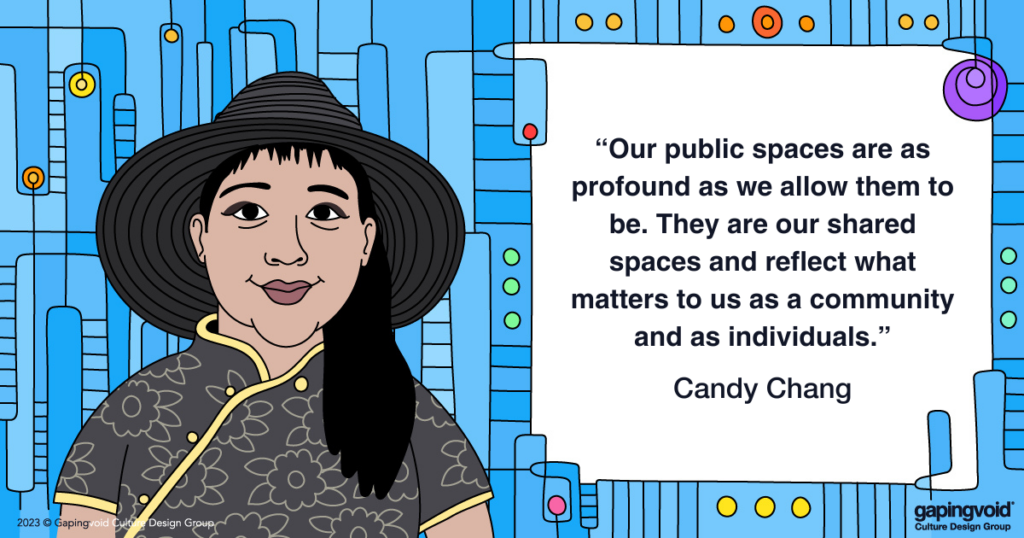
Candy Chang (1989-) is a master of turning public spaces into creative outlets for personal expression. With her thoughtful projects like “Before I Die” and “I Wish This Was,” she has provided communities around the world with unique opportunities to connect. From large-scale murals to interactive installations, her work makes us think about our cities and how we interact with them in new and interesting ways. Not only does her work add beauty to neglected urban spaces, it also sparks meaningful conversations that help us connect with each other and feel more empathetic.

